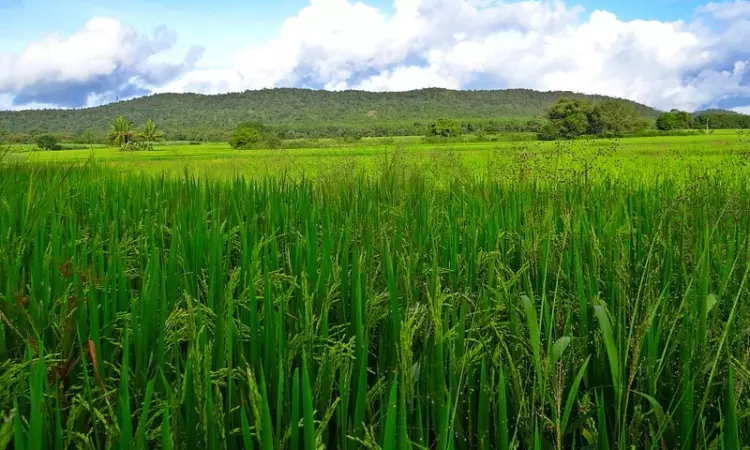Paddy Land Act | Authority Must Consider Feasibility Of Paddy Cultivation While Deciding Plea To Delete Property From Data Bank: Kerala High Court
Navya Benny
20 Sept 2023 12:46 PM IST

"It cannot be said that the land is suitable for paddy cultivation, merely because it was once cultivated with paddy and it is described as paddy land in revenue records"
Next Story


